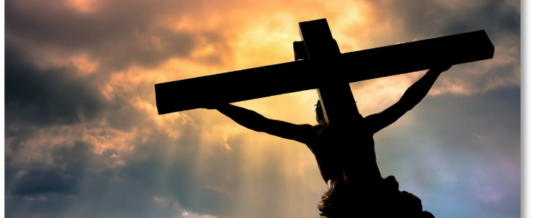
Every year, and I’ve been doing it for as long as I can remember, I force myself to read a book about the Holocaust. It’s a force, like I said, but a necessary force. I need to be reminded that that shameful and cruel event really did happen. I need to be reminded how cruelty and violence are always an inch below the surface in brutal dictators and in myself. Beyond the depressing parts of these Holocaust stories, my soul also needs to be reminded of hope, a hope that exists in the hearts of those who triumphed and survived. Their stories of prevailing and succeeding against the greatest odds gives me inspiration in my own struggles, which seem so trivial in comparison. The current struggles of the Ukrainians have the same affect on me.
The Holocaust book I read last year was the great classic called Man’s Search for Meaningby Victor Frankl. Victor Frankl was born in Austria in 1905 and was one of the world’s greatest psychiatrists. He wrote 39 books, but his most famous one called Man’s Search for Meaning is a reflection on how he survived the Nazi concentration camps. His wife, his parents, and his brother were all killed in the concentration camps. Victor Frankl was a man of suffering, acquainted with infirmity, despised and rejected by men, very much like the person described in that first reading from Isaiah.
In the book he tells a haunting story of a woman also in the concentration camp who was just days away from dying, so was that emaciated. Despite that, she carried herself calmly and cheerfully. Frankl wondered how she did it, how she kept her spirits up. The woman explained to him that she was using her time in the concentration camp as a time to appreciate things on a deeper, more spiritual level. She pointed out the window of the barrack to a tree and said, “This tree here is the only friend I have in my loneliness.” Actually, she could only see one branch of this chestnut tree, and on the branch were two blossoms. “I often talk to the tree,” she said. And when Frankl asked her if the tree replied, she said, “Yes.” “What does it say to you?” he asked. She answered, “It says to me, ‘I am here. I am here. I am life. Eternal life.’” Frankl knew, from this darkest of places, something profound had just touched him. He was convinced from that moment on that all human beings are on a search for meaning. Even if we are experiencing unbelievable darkness, if we can find meaning in our darkness, we can not only survive, but we can also thrive. Frankl says that those who have a “why” to live, can bear with almost any “how.”
As Catholic Christians we are a strange bunch, are we not? From an outsider’s point of view, it must seem strange that we would venerate the Cross. And, if it wasn’t for COVID, we would be venerating the Cross with a kiss! We pay tribute to one of the cruelest instruments of torture and murder—the Cross. As St. Paul says, “The message of the Cross is pure foolishness to many, but to those who believe, the Cross is the very power of God bringing us salvation.” It is foolishness, but “God’s foolishness” as St. Paul reminds us, “is wiser than human wisdom” (1 Cor. 18-25). What our lives need to bear witness to, especially to those who are suffering, is that the Cross then and our cross now, is not an end but a means to an end. It is the instrument, as unbelievable as it may seem, that God chose to remake the world.
On Good Friday, on the surface at least, it seems Jesus didn’t do anything flashy, exciting, or awe-inspiring. On the surface, what he did was he endured. He stuck it out. He stayed in the game when any normal person would have said, “Enough is enough; get me out of here.” Towards the end of Luke’s gospel, Jesus speaking about how we should deal with suffering, pain, and misunderstanding by others says, “By your endurance you will gain your souls” (Lk. 21:19). On that first Good Friday, there was no great rescue from the Cross, but Jesus did endure. In doing so, I believe Jesus not only gained his soul, he also gained ours.
When the people of the Ukraine and other war-torn nations endure bombs raining down on them, I hope they can see in that cross a tree that says: “I am here. I am here. I am life. Eternal life.”
When you are enduring health that is only getting worse and there is no hope for a cure, I hope you can see in that cross a tree that says: “I am here. I am here. I am life. Eternal life.”
When you are enduring a marriage that is falling apart and cannot be fixed, I hope you can see in that cross a tree that says: “I am here. I am here. I am life. Eternal life.”
When you are enduring a job that is totally unfulfilling, I hope you can see in that cross a tree that says: “I am here. I am here. I am life. Eternal life.”
When you are enduring depression, loneliness, and grieving anything at all, I hope you can see in that cross a tree that says: “I am here. I am here. I am life. Eternal life.”
For those who don’t understand the folly of the Cross, which is the wisdom of God, the Cross is, and forever will be, nonsense. But for those of us who do understand, the Cross is, and forever will be, the tree of life.
I am here. I am here. I am life. Eternal life.
Fr. Phil Mulligan
APR
2022

About the Author: